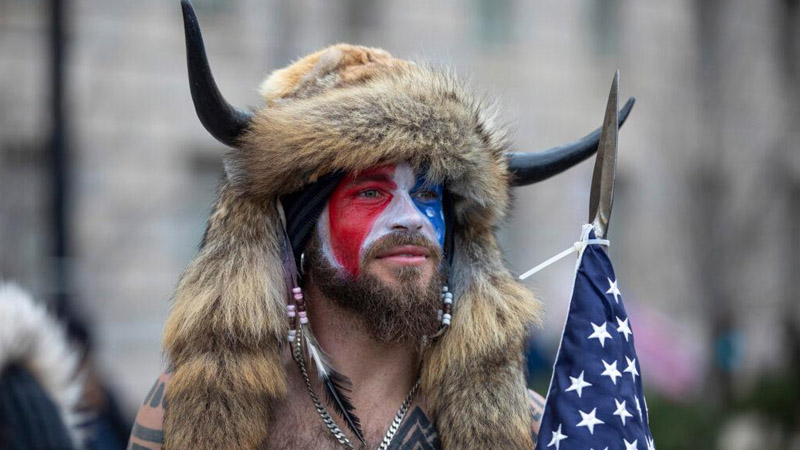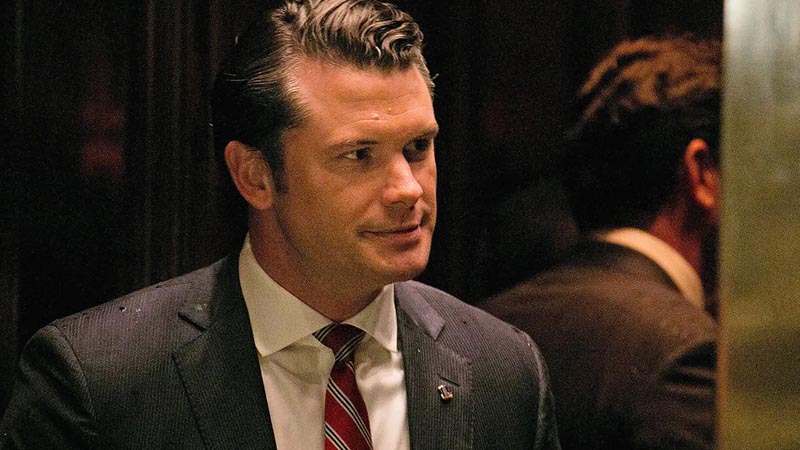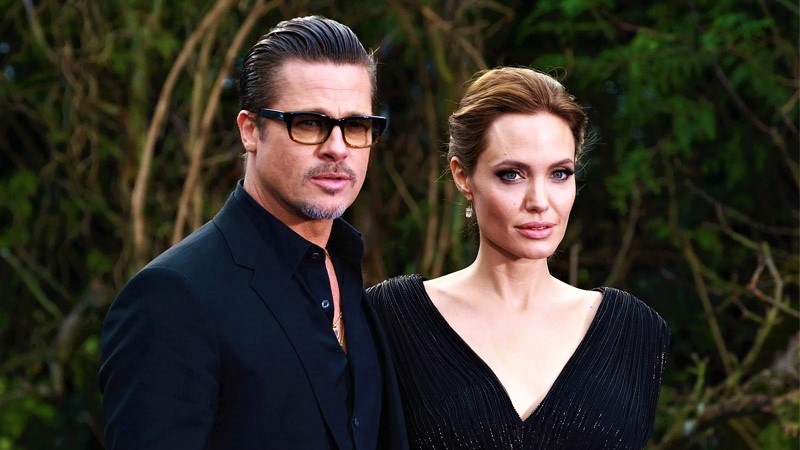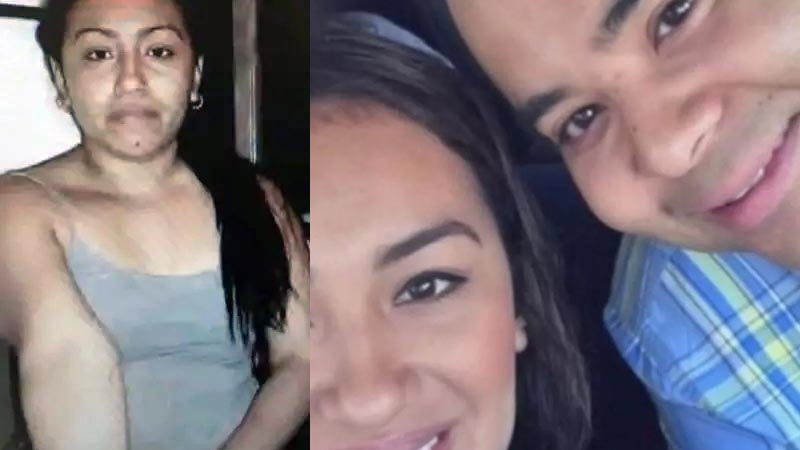‘QAnon Shaman’ Jacob Chansley Says He’s Going to Court to Reverse Jan. 6 Guilty Plea

(Photo by Robert Nickelsberg/Getty Images)Robert Nickelsberg/Getty Images
Jacob Angeli Chansley, famously known as the “QAnon Shaman,” is planning to return to court in an effort to overturn his felony guilty plea related to his actions during the Capitol breach. Chansley, who made headlines for his bare-chested appearance and buffalo headdress, expressed remorse, not for his involvement in the events of January 6, 2021, but for pleading guilty.
In an interview with the BBC, Chansley stated that regrets only burden the mind and likened them to sandbags weighing down a hot air balloon. Following his guilty plea in 2021 for obstructing an official government proceeding during the riot, Chansley served prison time and was released from a halfway house two months ago. He was sentenced to 41 months in prison, with the charge carrying a maximum term of 20 years.
Earlier this year, Chansley filed a legal action to challenge or “correct” his sentence. However, the Department of Justice responded last month, dismissing Chansley’s arguments as lacking any factual basis and being patently false.
Attempting to withdraw a guilty plea is a risky move, according to criminal law expert John Gross from the University of Wisconsin Law School. Defendants who pursue such a path may face a new trial, potentially resulting in the same or even harsher outcomes, including a greater penalty.
To change his plea, Chansley must convince a judge that his original lawyer, Albert Watkins, provided ineffective representation, as noted by Gross. Chansley now claims that his lawyer’s statements made to mitigate his crimes and sentence were untrue. He denies allegations of being duped by Trump, denouncing Q or the QAnon community, and having mental health conditions.
Watkins, in response to Chansley’s recent statements, denied suggesting that his client had denounced QAnon or exhibited delusions. He described Chansley as a gentle, bright, and talented individual and wished him the best.
During Chansley’s guilty plea hearing, he expressed true repentance for his actions and stated that repentance involved more than mere words of apology. Chansley acknowledged that he would have acted differently on January 6th if given the chance.
U.S. District Judge Royce Lamberth, who presided over the case, called Chansley’s apology the most remarkable he had heard in his 34-year career.


